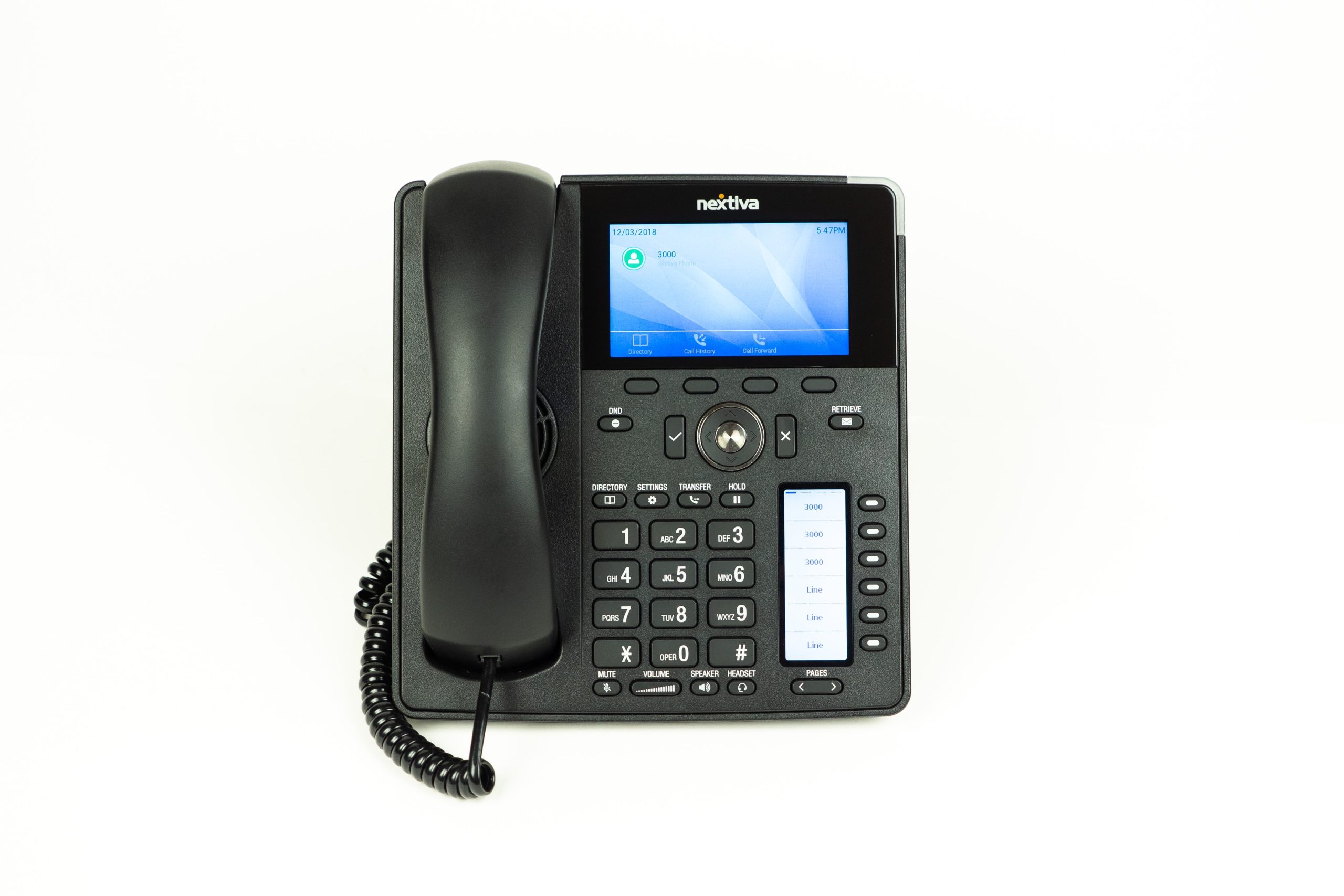As businesses become more interconnected and digital technologies are making their way into the corporate world, VoIP technology is rapidly becoming the preferred means of communication. Voice over Internet Protocol (VoIP) enables businesses to make efficient use of their networks while simultaneously receiving quality sound and video transmission with minimal cost. Though it’s been around for a while, VoIP technology is still relatively unknown in many circles, leaving business owners unaware of its many benefits. In this blog post, we’ll explore how VoIP can help improve your business communications and why it should be part of your business strategy going forward.
What is VoIP?
Voice over Internet Protocol (VoIP) is a technology that allows you to make voice calls using a broadband Internet connection instead of a traditional phone line. VoIP converts your voice into a digital signal that travels over the Internet. If you are calling a regular phone number, the signal is converted back to analog by the VoIP provider so it can reach the called party.
There are many VoIP features that can benefit businesses, including:
Cost savings: VoIP can be much less expensive than traditional phone service, especially if you make long-distance or international calls.
Flexibility: VoIP can be used anywhere there is an Internet connection, so you can take your office phone with you when you travel. You can also add additional lines as needed without having to install new phone jacks.
Advanced features: Many VoIP services offer features like caller ID, call waiting, voicemail, and call forwarding at no additional cost. You can also usually add additional features like call recording and auto-attendants for an additional monthly fee.
How can VoIP benefit my business?
Voice over Internet Protocol (VoIP) technology has been around for many years, but it is only recently that businesses have begun to take advantage of its many benefits. VoIP allows businesses to make and receive phone calls over the internet, using a broadband connection instead of a traditional phone line. This can lead to significant savings on monthly phone bills, as well as improved call quality and features.
Here are just a few of the ways that VoIP can benefit your business:
- Cost savings: VoIP can be a very cost-effective solution for businesses, since you only need to pay for one broadband connection instead of separate phone lines. In addition, VoIP calls are often cheaper than traditional phone calls, so you can save even more money on your monthly bill.
- Improved call quality: VoIP calls are typically clear and free from static or other interference. This is because VoIP uses digital signals instead of analog signals like traditional phone lines.
- Advanced features: Many VoIP providers offer advanced features like call forwarding, caller ID, voicemail, and conference calling. These features can be very helpful in improving your business communications.
- Flexibility: VoIP systems are very flexible and can be easily scaled up or down to meet the changing needs of your business. For example, if you add new employees, you can simply add new extensions to your existing system without having to purchase new hardware or software.
What are the features of VoIP?
VoIP (Voice over Internet Protocol) is a technology that allows you to make telephone calls using your internet connection instead of a regular phone line. VoIP converts your voice into digital signals that are sent over the internet, and then converts the signals back into sound at the other end. This means that you can make calls from your computer, smartphone, or any other internet-connected device.
There are many features of VoIP that can benefit your business, including:
· Cost savings: VoIP can be much cheaper than traditional phone service, especially if you make a lot of long-distance or international calls.
· Flexibility: With VoIP, you can make and receive calls anywhere you have an internet connection. You can also add features like call forwarding and voicemail to your VoIP service.
· Enhanced call quality: VoIP calls are clear and crisp, with minimal background noise.
· Scalability: VoIP services are easy to scale up or down depending on your business’s needs.
If you’re looking for a more affordable, flexible, and reliable way to communicate with your customers and employees, VoIP may be the right solution for you.
How do I get started with VoIP?
If you’re considering making the switch to VoIP technology for your business, you may be wondering how to get started. The good news is that VoIP is relatively easy to set up and use, and there are many providers that offer affordable, reliable service. Here’s a quick overview of what you need to do to get started with VoIP:
- Choose a VoIP provider: There are many VoIP providers to choose from, so take some time to research your options and find a provider that offers the features and services you need at a price that fits your budget.
- Set up your VoIP system: Once you’ve chosen a provider, you’ll need to set up your VoIP system. This usually involves connecting your existing phone lines to a special adapter that converts them into digital signals for transmission over the internet.
- Start using VoIP: Once your system is set up, you can start using VoIP just like any other phone service. Make sure to familiarize yourself with the features offered by your specific provider so that you can make the most of your new system.
How much does VoIP cost?
VoIP technology can save your business money in a number of ways, but one of the most significant is in the area of long distance and international calling. With VoIP, you can make calls anywhere in the world for a fraction of the cost of traditional phone service. But how much does VoIP actually cost?
The cost of VoIP service varies depending on the provider and the features you need, but in general, it is much less expensive than traditional phone service. For example, Vonage—one of the most popular VoIP providers—offers unlimited calling to the U.S., Canada, and Puerto Rico for just $24.99 per month. That’s a fraction of what you would pay for traditional phone service with long distance and international calling plans.
Of course, the cost of VoIP is not just about the monthly fee—there are also setup costs and equipment costs to consider. But even taking those into account, VoIP is still usually less expensive than traditional phone service. And when you factor in all the other benefits that VoIP offers (like increased productivity and flexibility), it’s easy to see why so many businesses are making the switch to VoIP.
Are there any drawbacks to using VoIP?
While VoIP has many advantages, there are also a few potential drawbacks to consider before making the switch. One of the biggest concerns is reliability – because VoIP uses the internet to transmit data, it can be susceptible to issues like latency and packet loss which can degrade call quality. Additionally, if you have a power outage or lose internet connectivity, your VoIP service will be unavailable. And finally, because VoIP is still a relatively new technology, it may not be compatible with older phone systems.
Conclusion
VoIP technology can be a great way to improve your business communications. The flexibility and scalability of VoIP systems make them an ideal choice for businesses of all sizes, while the various features such as call forwarding, voice mailboxes and conference calls give you the tools you need to keep in touch with your customers and employees. With VoIP, businesses can easily cut down on their communication costs while still maintaining excellent quality service. Investing in a reliable VoIP system is sure to benefit any business that wants to stay connected without breaking the bank.










